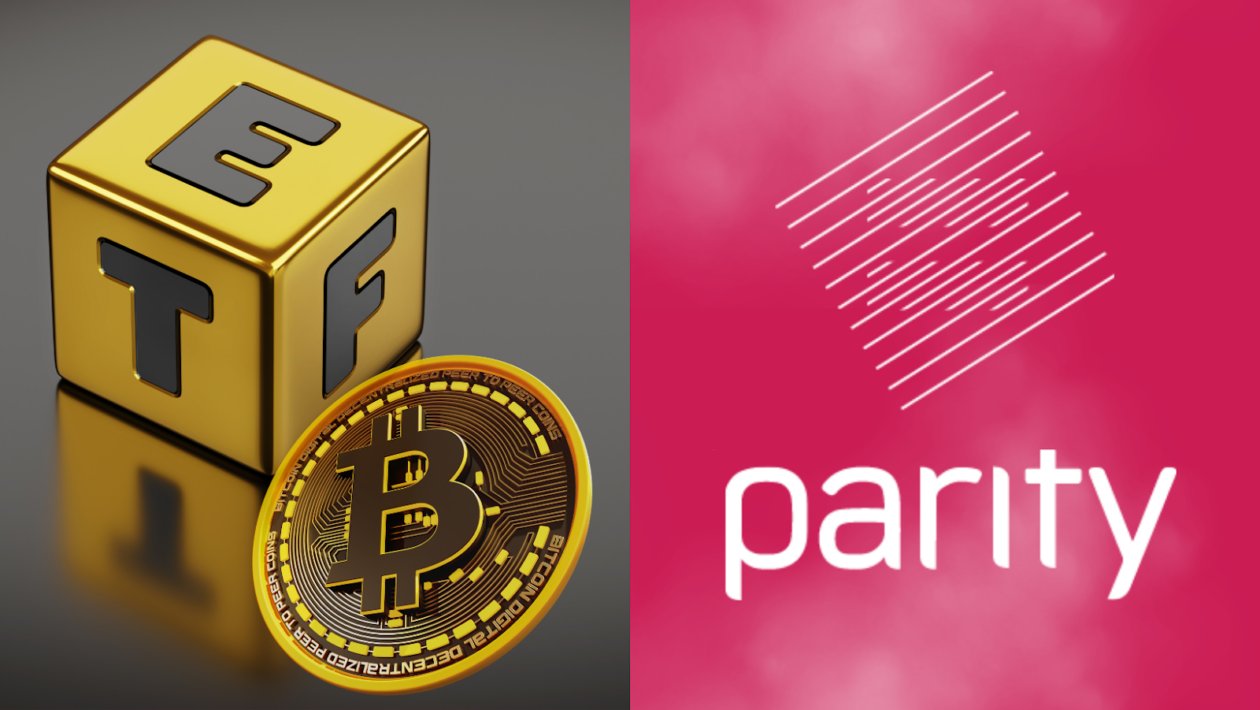Discovering the Impact of Regulatory Adjustments and Technical Technologies on Today's Digital Currencies Headlines
The intersection of regulative modifications and technological innovations is basically altering the landscape of electronic currencies, motivating a re-evaluation of their function in the international economic situation. Regulatory bodies, such as the SEC and CFTC, are actively affecting how electronic assets are identified, while new technologies are enhancing purchase effectiveness and protection steps. This dual evolution increases crucial questions concerning the effects for market dynamics and capitalist confidence. As we check out these growths, the concern continues to be: how will these elements shape the future trajectory of digital currencies in a progressively interconnected globe?
Current Regulatory Landscape
Following rapid innovations in digital currencies, the current regulatory landscape is evolving to deal with the complexities and difficulties presented by these technologies. Governments and governing bodies globally are grappling with just how to properly manage this growing market, which typically transcends national boundaries.
Key regulative techniques include the establishment of structures that specify electronic money, making certain customer security and stopping immoral activities such as cash laundering and fraudulence. In the United States, agencies like the Securities and Exchange Commission (SEC) and the Commodity Futures Trading Payment (CFTC) are proactively engaging in discussions to clarify the classification of numerous digital assets and their regulatory implications.
Likewise, the European Union is advancing its Markets in copyright-Assets (MiCA) guideline, which intends to develop a natural regulatory setting throughout member states. Nations like China have opted for stricter procedures, consisting of outright restrictions on specific copyright tasks.
As this regulative landscape continues to create, it will be essential for stakeholders, consisting of organizations and customers, to stay informed and adapt to the changing atmosphere to mitigate dangers while taking advantage of on opportunities within the electronic currency ball.
Trick Technological Innovations
Many technological advancements are reshaping the landscape of digital money, considerably boosting their functionality and protection. One of one of the most pivotal improvements is the growth of blockchain innovation, which gives a decentralized ledger that guarantees openness and immutability of transactions. copyright news. This innovation not just reduces the threat of fraud however likewise enables real-time deal confirmation, cultivating user depend on
Additionally, the development of clever agreements has transformed just how agreements are carried out within electronic currency environments. These self-executing contracts help with computerized purchases, eliminating middlemans and reducing costs associated with typical contract enforcement. In addition, advancements in cryptographic strategies enhance the safety of electronic wallets, protecting individuals' possessions from prospective cyber dangers.
Another notable technology is the assimilation of expert system in transaction monitoring and fraudulence discovery, allowing platforms to recognize dubious activities quickly. Moreover, the introduction of Layer 2 scaling remedies, such as the Lightning Network, addresses scalability concerns, enabling for faster and less expensive transactions on networks like Bitcoin.

Effect On Market Dynamics
Technological developments in digital money have not just boosted capability and security however have likewise dramatically transformed market characteristics. The introduction of blockchain technology has boosted openness and reduced transaction expenses, bring about higher performance in trading and financial investment. This has actually motivated a much more varied variety of individuals, from retail capitalists to institutional players, to engage with digital currencies, therefore intensifying market liquidity.
Additionally, the introduction of decentralized money (DeFi) systems has actually interfered with standard financial systems, giving customers with different methods for borrowing, loaning, and his comment is here trading. This shift has fostered an affordable setting where typical banks are urged to introduce or run the risk of obsolescence (copyright news). With the rise of stablecoins, which offer price security among volatility, investors can currently execute deals with minimized risk, additional affecting market Going Here habits
In addition, the assimilation of expert system and artificial intelligence in trading methods enables extra innovative market analysis and predictive modeling. Consequently, financiers are better outfitted to reply to market variations, creating an extra dynamic trading atmosphere. Collectively, these advancements are reshaping the landscape of digital currencies, resulting in a more interconnected, competitive, and efficient market.

Global Point Of Views on Guideline
Regulatory methods to electronic money differ significantly around the world, frequently mirroring differing economic priorities, social perspectives towards development, and degrees of technological fostering. In the United States, regulative bodies such as the SEC and CFTC grapple with defining the legal standing of cryptocurrencies, concentrating on financier defense and market stability. The European Union is advancing comprehensive governing structures like the Markets in copyright-Assets (MiCA) proposal, intending to develop a unified technique that promotes innovation while ensuring customer safety.
In contrast, nations like China have adopted a straight-out restriction on cryptocurrencies, prioritizing financial control and monetary stability over technology. On the other hand, nations such as El Salvador have actually embraced Bitcoin as lawful tender, showcasing a strong commitment to economic inclusion and financial modernization.
Developing nations commonly find themselves browsing a complicated landscape, balancing the requirement for regulation with the possible benefits of electronic currencies in driving financial growth. On the whole, the worldwide regulative environment stays fragmented, with continuous dialogues and changes as governments look for to strike a balance in between fostering technology and mitigating threats related to electronic money. This dynamic landscape emphasizes the need for ongoing worldwide teamwork and dialogue among regulators.
Future Fads in Digital Currencies
As governing frameworks progress, the landscape of digital money is poised for significant improvement. Arising fads suggest a convergence of regulative quality and their explanation technological improvement, which will certainly shape the future of digital currencies. Reserve Bank Digital Currencies (CBDCs) are anticipated to acquire traction as federal governments discover their potential to improve monetary plan performance and financial inclusion.
All at once, decentralized finance (DeFi) platforms are expected to test conventional banking systems, providing innovative financial services that run without intermediaries. This shift might cause a re-evaluation of existing guidelines to suit the one-of-a-kind characteristics of DeFi while making sure customer security and systemic security.
Additionally, the assimilation of fabricated knowledge and artificial intelligence in copyright trading and risk assessment will redefine investment strategies and market dynamics. As digital currencies become progressively mainstream, issues such as cybersecurity threats and regulatory compliance will certainly demand durable remedies.
Lastly, public assumption and adoption will play a crucial function in figuring out the trajectory of digital currencies. Boosted recognition and education and learning concerning the benefits and dangers related to electronic money will drive approval, ultimately influencing the regulative landscape and market advancements in the years to find.
Conclusion
